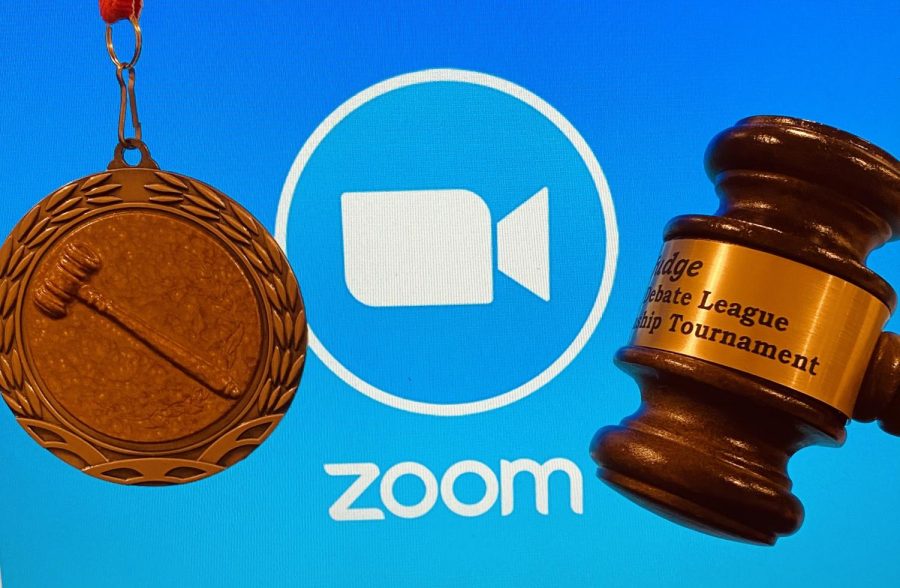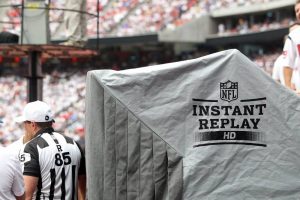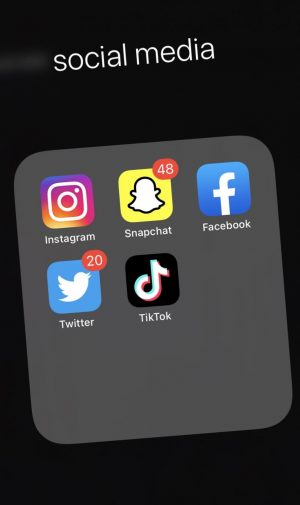How the Emerson Debate Team Was Impacted by the Coronavirus Pandemic
January 12, 2021
The novel coronavirus has changed the way a multitude of extracurricular activities operate. While most athletic unions cannot feasibly participate in a virtual or distanced setting, the debate team, a collective that works to research world issues and expound upon that background knowledge, certainly can.
In fact, Emerson debaters are experiencing a season like no other. Debates that used to be in schools around Bergen County and in front of a large audience of spectators are now conducted in Zoom breakout rooms that only include four participants and a judge.
In theory, the system has little flaws — despite not being in person, the league has pushed for the maintaining of normalcy in that the amount of rounds in each tournament will remain the same, the length of the rounds will not differ, the topic does not change, et cetera.
Alas, in practice, the debate league has certainly gone downhill. For one, not every school in the county has an upgraded version of Zoom (some schools abstain from Zoom completely and instead opt for Google Meet or other similar platforms). This means that not every student has the option of assigning themselves to their designated breakout room, which is quite problematic.
“It takes 30 minutes to an hour to get to the breakout rooms. When we were in person, this would be less than a 5 minute walk to the desired location,” noted one of the Emerson debate team captains.
Moreover, the security of these competitions have been compromised, further affirming the notion that there are some pitfalls in the set-up. In mid-December, a group of hackers gained access to an otherwise private Zoom meeting. As soon as they infiltrated, they yelled slurs and directed threats at specific individuals. Unlike physical debates, these altered-versions are open to masked perpetrators who dominate the cyber-world.
By contrast, there are certainly benefits of transitioning to a fully virtual setting. Most notably, the exclusion of physical trophies and awards makes the league feel less cutthroat. While special honors are still verbally presented, the motivation has shifted from a place of materialism and elitism to a mindset rooted in personal growth and the sharpening of critical skills.
“…it’s not longer about winning,” says Samantha Robinson, the current debate team treasurer. “I can stop focusing on how many points I need to win.”
In addition, because students are now forced to use their computers to sign on to Zoom meetings (as opposed to previous rules that were not in favor of the usage of any electronic device), the coaches unanimously agreed that using search engines during debates should be viewed as an acceptable resource. Beforehand, scholars had to print out any evidence that would be needed during the competition — however, since new plans are brought up in every round, it would be impossible to accurately predict what items should be prepared. Since the current structure allows debaters to find evidence as needed, they can now simply focus on creating arguments rather than scrambling to find supplementary sources. Not to mention, technology allows teammates to communicate even when social distancing.
“As a new debater, it’s comforting to have access to our phones because I can talk to my partner that way,” says Rylee Smith, a first year debater who has thrived in recent Junior Varsity tournaments.
Other members, such as Zuzu Hill, a varsity pro with many accolades to his name, use platforms like Jamboard to effectively share articles and reputable passages with their partners.
With that, individuals have also picked up on tricks that assist in combing through evidence quickly.
“…if I want to find something specific in one of the documents, I can just use the Control+F keyboard shortcut to locate what I need,” says Audrey Kim, another junior varsity team member who has amassed multiple medals for her work.
All in all, even though there are some cons to participating in online debates, many club participants can agree that it is better than not having a season whatsoever.







